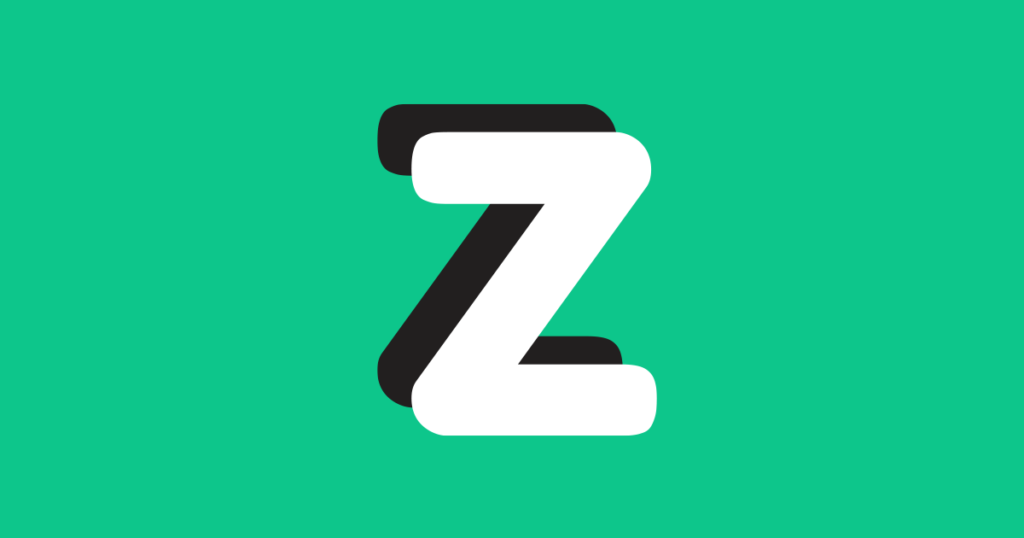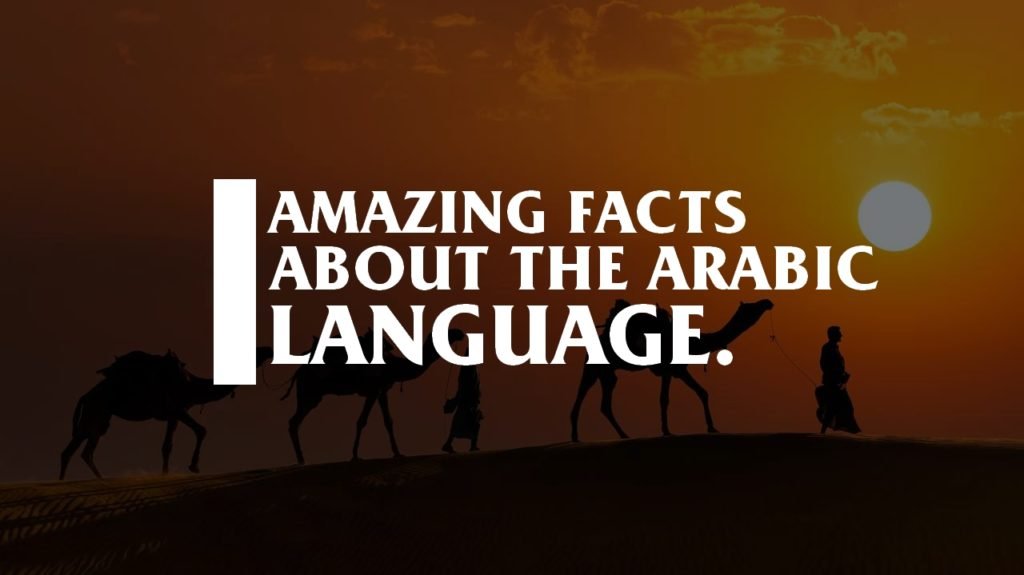British English and American English, although technically the same language, boast numerous differences—ranging from minor discrepancies like the additional “u” in “colour” to more significant distinctions such as the contrasting meanings of words like “boot” and “casket.” However, perhaps one of the most puzzling disparities lies in just one letter of the alphabet—the last one.
In the United Kingdom, when referring to a wide array of things, people often say “everything from A to Zed.” This phrase may sound unfamiliar and awkward to American ears accustomed to “zee.” Interestingly, “zed” isn’t solely a British phenomenon; it’s the norm in every English-speaking country except the United States, where “zee” reigns supreme. America has a tendency to march to the beat of its own drum, evident in its use of the non-metric measurement system and Fahrenheit temperatures. Yet, in the case of “zee,” there’s a certain logic behind the divergence.
However, let’s not dismiss “zed” too quickly—it has a historical claim to fame. In fact, it predates “zee.” Much of our contemporary alphabet originates from the Greek alphabet, which included a letter resembling our “Z” known as “zeta.” This Greek letter eventually morphed into the French “zede,” which in turn gave rise to “zed” as English was influenced by Romance languages like French.
Interestingly, “zee” emerged later in the game. According to Dr. Adam Crowley, an associate professor of English at Husson University, this variation can be attributed to “regional dialects.” “Between the 1500s and 1700s, the last letter of the English alphabet was written as both ‘zed’ and ‘zee’ in documents from both sides of the Atlantic Ocean,” explains Dr. Crowley. He suggests that “zee” gained traction because it rhymes with numerous other letters, such as B, C, and P. There’s no other letter that ends with the “-ed” sound, so the preference for “zee” begins to make sense.
In the United Kingdom, however, “zee” never quite found its footing. Yet, across the pond in the young United States, it was a different tale altogether. Following the Revolutionary War, Americans sought to carve out a distinct identity separate from their British counterparts, and language became a pivotal battleground in this endeavor. Enter Noah Webster, who led the charge by publishing standardized dictionaries of “American” English, intentionally tweaking words and language from their British roots. While that’s a tale for another time, it’s worth noting that Webster officially designated the unmistakably non-British “zee” as the “official” American pronunciation.
And let’s not forget about the song! It was copyrighted in 1835 by a Boston music publisher, putting an end to any lingering debate over the pronunciation of the alphabet’s final letter for American children. As Dr. Crowley puts it, “If there was any lingering debate about the differences between ‘zed’ and ‘zee’ for American children, it was settled… when The Alphabet Song was first copyrighted.” After all, what better way to cement something in your memory than by rhyming it in a catchy tune that you start learning practically from the cradle? Indeed, Today I Found Out reports that teachers in England and other countries sometimes have to re-teach children how to pronounce the last letter after they’ve already picked up “zee” from American kids’ TV shows.






